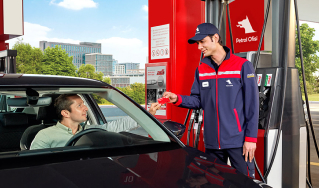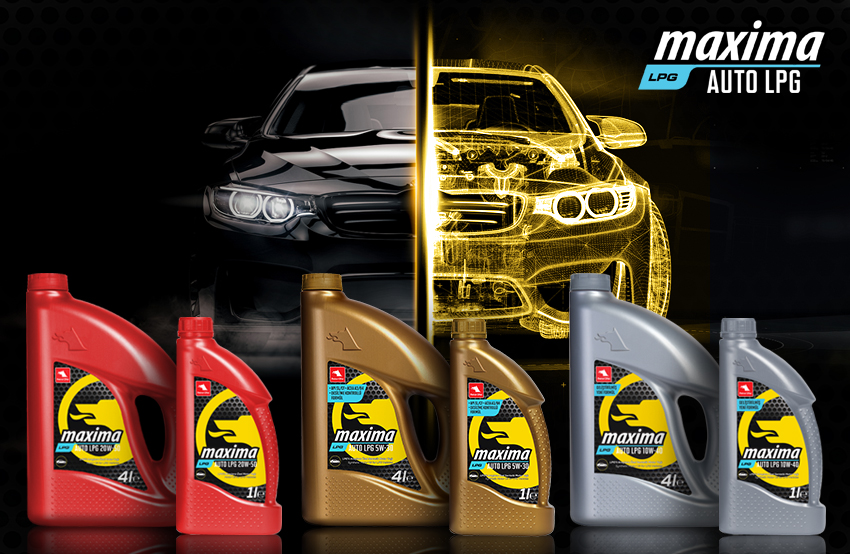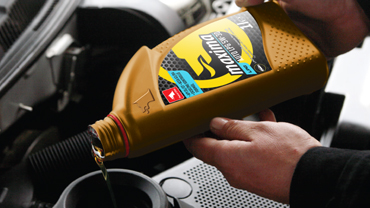LPG and gasoline are two different fuels. LPG consists of mixtures of propane and hydrocarbon gases called butane. Butane has three carbons, and propane has four carbons. On the contrary, gasoline contains hydrocarbon chains with a higher molecular weight than LPG and nitrogen and sulfur compounds in different structures.
Since these two fuels have different structures, the calorie values that occur during their combustion are also different. In other words, when the same amount of LPG and gasoline is burned, it produces different amounts of energy and heat.
Let's think about two vehicles of the same brand and model, at the same kilometer, used for the same amount of time and with the same engine wear, one with a gasoline engine and the other with LPG conversion. If we compare these two vehicles, we can see that their fuel consumption, combustion duration of the fuel they use, and the resulting heat are not the same. Therefore, the needs for gasoline engines that consume gasoline and gasoline engines with LPG fuel conversion differ. We can list the situations during and after the operation of these different engines as follows.
LPG needs more air to burn; therefore, engines using LPG fuel absorb more atmosphere. The vehicle with LGP fuel conversion has a higher thermal load on its engine than the gasoline engine.
Since the mixture of LPG and air burns more slowly than that of 'Gasoline and Air,' the walls of the combustion chamber in the LPG vehicle engine and the cylinders are exposed to high temperatures for a longer period.
The ambient operating temperature of an LPG engine is higher than that of a gasoline engine. For this reason, the LPG engine operates at a relatively higher temperature. As a result, the amount of evaporation in the engine lubricant is higher in the LPG engine.
In an LPG engine, the intake valves cool more slowly than in a gasoline engine as they do not contact any liquids such as gasoline.
Due to the higher temperature and higher air intake, more oxidation and corrosion occur in the LPG fuel conversion engine compared to the gasoline engine.
For such cases that arise due to separate fuel sources, it is recommended that the characteristics of the engine lubricant that should work in harmony with the fuel should also be different. For this reason, engine lubricants in LPG vehicles are expected to display the following characteristics.
- Oxidation resistance and stability
- Low amount of evaporation
- High protection against corrosion
- Highly dispersing and detergent
- Highly lubricating
- High TBN (total base number) value
Have No Doubt About the Power of Your LPG Vehicle
Specially designed for the needs of LPG vehicles, the Petrol Ofisi Maxima Auto LPG series offers superior protection for the engine without wearing you or your LPG vehicle. Maxima AUTO LPG series never lets your vehicle underperform and guarantees a powerful journey!




